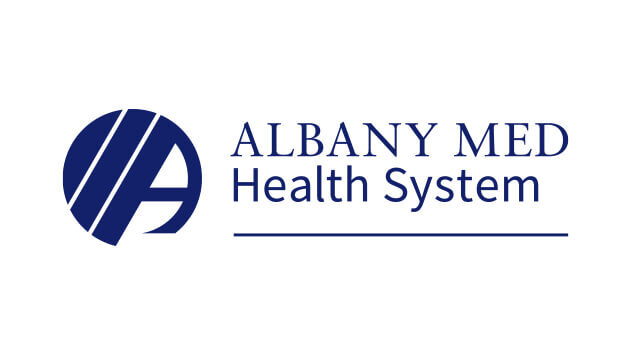Inside the System: Strengthening the Health of Our Communities

Dennis P. McKenna, MD, ’92 is President and Chief Executive Officer of the Albany Med Health System. Dr. McKenna is a graduate of Christian Brothers Academy in Albany and earned his medical degree from Albany Medical College. Trained in emergency medicine, he previously served as medical director of the Emergency Department at Albany Medical Center and president of the Albany Medical Center Physicians Group.
Dr. McKenna oversees northeastern New York’s largest academic health system, which includes Albany Medical Center, Albany Medical College, Columbia Memorial Health, Glens Falls Hospital, Saratoga Hospital, and Visiting Nurses. In this conversation he details how the System is strengthening the health of our neighbors by integrating services, addressing the diverse health needs of the region, and continuing to promote good health through partnerships and support of community initiatives.
How has the Albany Med Health System had success in increasing access to care across our region?
The Albany Med Health System has more than 100 locations in 25 counties, offering integrated services that connect patients to the highest level of care. Our System is committed to further establishing and developing those connections that ultimately improve health outcomes for the communities we serve.
Each of our hospitals understands the value of providing care closer to home. As you’ll read in this edition, Columbia Memorial Health recently opened its Center for Breast Health, a modern, state-of-the-art center providing world-class care, education, and meeting space for patients from the Hudson Valley to the Capital Region. Along with those resources, our System clinicians will be able to connect patients to the Center to ensure they receive comprehensive care.
At both Glens Falls Hospital and Saratoga Hospital, our teams have worked hard to open new pharmacy spaces. These are more than renovations. We continue to build upon existing services, including increased coordination between pharmacists and clinicians, all to benefit patients who may need to navigate a complex medication regimen down to the simplest of medication needs.
On the Albany Medical Center campus, our pediatric emergency department—the only one in the region—received verification this year from the American College of Surgeons as a Level 1 Pediatric Trauma Center.
What indirect steps are you taking that lead to better health for our communities?
The well-documented struggles experienced nationwide in the health care industry have certainly impacted the Albany Med Health System in recent years. Fueled in part by the far-reaching impacts of the Covid-19 pandemic, hospitals and health systems across the country have struggled to find new and innovative ways to provide the services that their towns and cities have relied on for decades.
One of our System’s strengths is that we are locally governed. Decisions that impact the health of our communities, our workforce, and our operations are made locally. We’ve implemented fiscal mitigation strategies and are building upon the early successes of those strategies and charting a course as a System, together, that helps us focus on our mission as a System.
We are committed to continued investment in our employees. A strong, supported workforce leads to better care and a stronger Albany Med Health System.
How has the Albany Med Health System continued to build upon long-standing community partnerships?
In my daily conversations with our staff, as well as community stakeholders, I see the impact our hospitals and practices have in the community.
Let’s look at our recruitment efforts as one example. To ensure that we attract skilled and passionate people to work within our System, we have been more aggressive than ever in our efforts to connect with local colleges and educational programs—even engaging students at the high school level who may have interest in pursuing training or a degree in the medical field. Through partnerships with Russell Sage College, Maria College, the University at Albany, Siena College, Hudson Valley Community College, and more, we are playing a critical role in the education and employment of skilled medical professionals.
At Glens Falls Hospital, teams are focusing on addressing the high rate of tobacco use among residents of rural Washington County through a partnership that increases access to nutritious foods and opportunities for physical activity.
Saratoga Hospital’s Community Health Center continues its important work in providing primary, dental, mental health, and addiction medicine services to residents of Saratoga County, regardless of their insurance status and ability to pay.